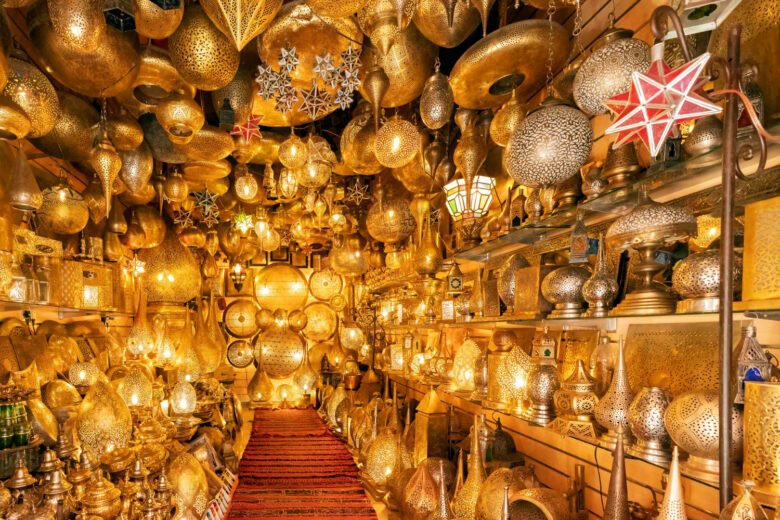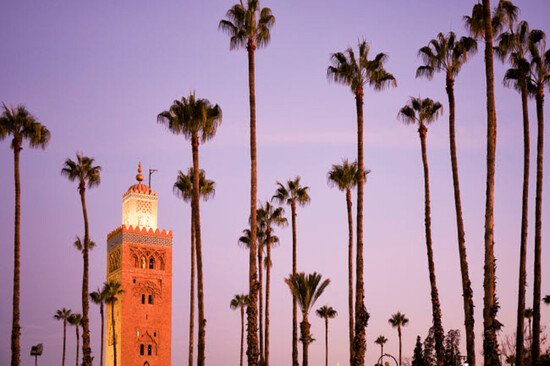Introduction
Morocco is a country with a thousand faces, where tradition blends subtly with modernity. This article explores Moroccan traditions, delving into their rich history and contemporary manifestations. Far from being relics of the past, these traditions are alive and evolving, while preserving the essence of Moroccan identity.
The foundations of Moroccan traditions
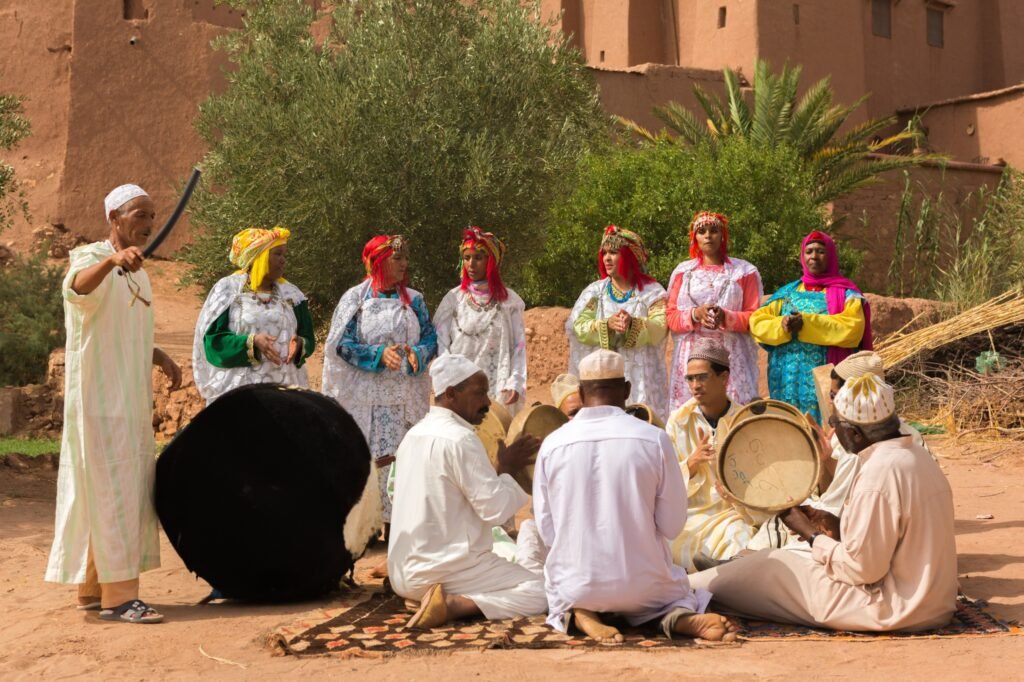

Morocco’s history is a fascinating tale of a land shaped by a multitude of peoples and cultures. The Berbers, the first to settle, laid the foundations of this rich history. Then came the Arabs, bringing with them Islam, which was to become a cornerstone of Moroccan identity. Andalusian influences also left their mark, further enriching the country’s cultural diversity. This harmonious blend gave rise to a unique social and cultural fabric of traditions, practices and beliefs that continue to define and celebrate Morocco’s vibrant identity today.
Cultural influences
As a crossroads of civilizations, Morocco has absorbed a multitude of influences that have enriched its culture. Exchanges with sub-Saharan Africa, Europe and the Middle East have infused distinct traits into its musical, artistic, culinary and social expressions, forming a unique and diverse heritage. This cultural wealth is fascinating in its complexity and beauty, testifying to the rich history and dynamic interactions between the different cultures that have converged on Moroccan soil. From its spellbinding music and elaborate architecture to the exquisite flavors of its cuisine, Morocco offers a captivating spectacle of cultural diversity.
The main Moroccan traditions
Festivals and celebrations
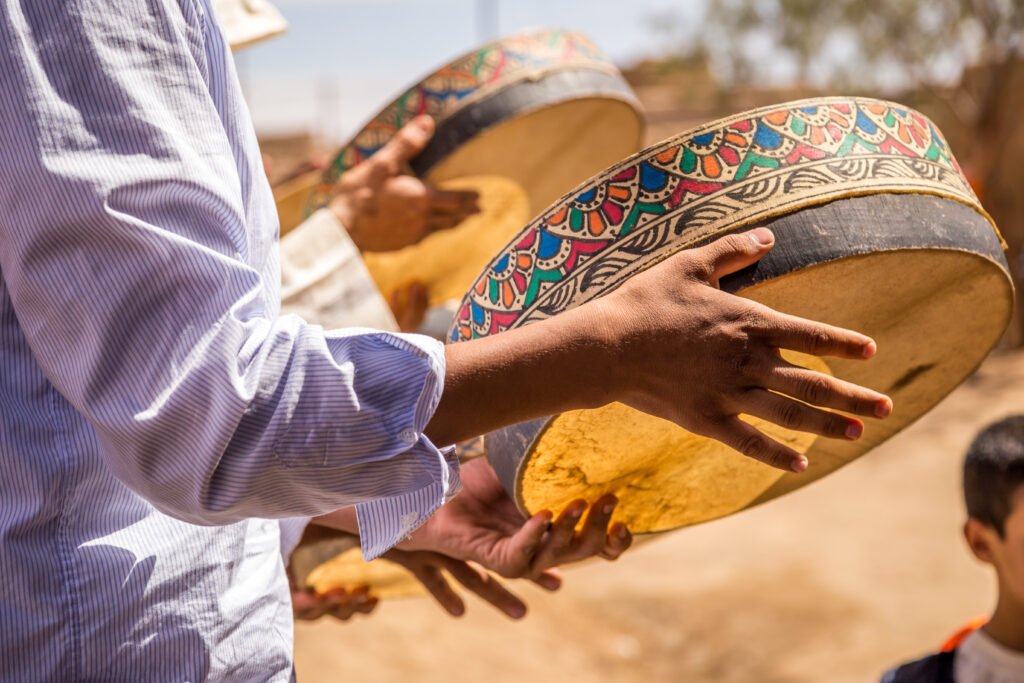

Festivities in Morocco are highly valued occasions, where joy and piety intermingle in a kaleidoscope of emotions. Weddings, for example, become grandiose spectacles, fusing intoxicating music, spellbinding dances and culinary delights to celebrate the sacred union of two families. During Ramadan and Eid, spirituality and generosity take center stage, strengthening the intimate bonds between community and family members through meaningful rituals and feasts shared with love and respect. Every festive event becomes an ode to life and Moroccan tradition.
Moroccan gastronomy
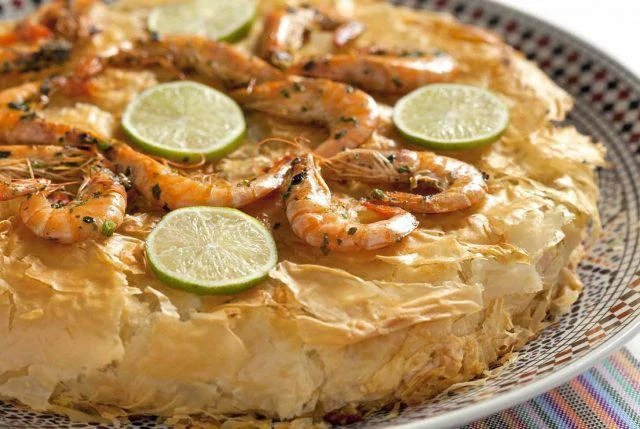
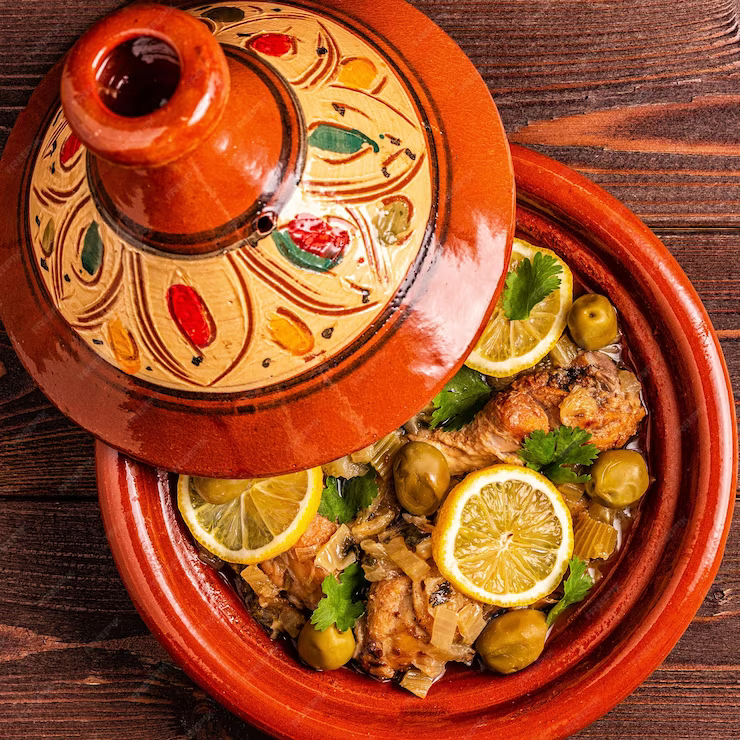
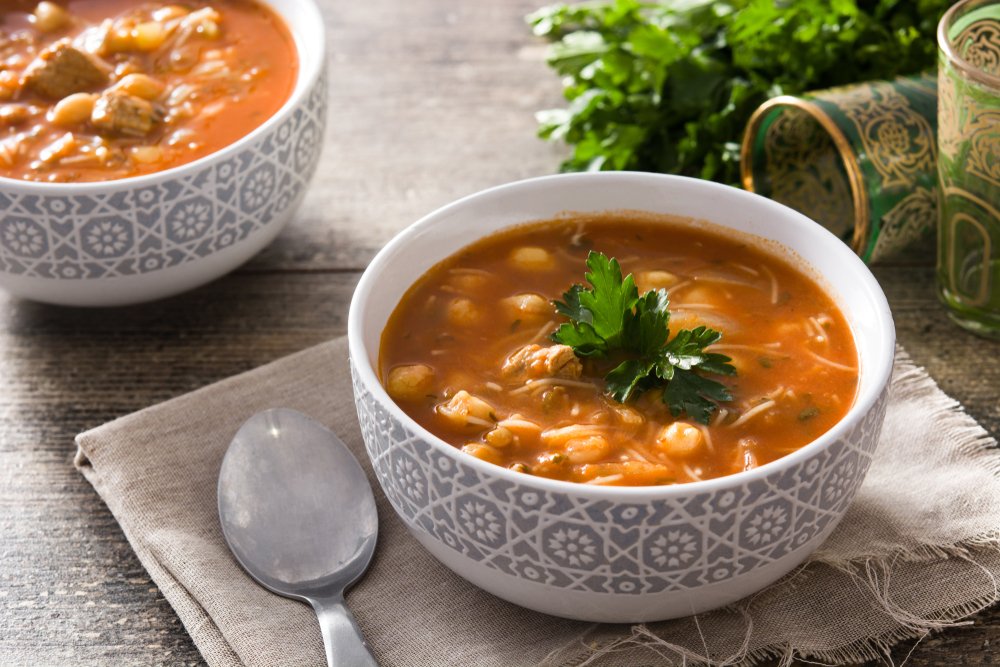
Moroccan cuisine, imbued with exquisite flavors and ancestral culinary traditions, occupies a central place in the country’s culture. Emblematic dishes such as couscous, tajine and pastilla embody the richness of local produce and varied historical influences. But beyond its gustatory delights, Moroccan cuisine has a profound social and family dimension. Cooking and sharing meals are rituals charged with meaning, reinforcing family and social ties. In this way, Moroccan cuisine goes beyond the simple pleasure of the taste buds to become a genuine vector of identity and cohesion within Moroccan society.
Moroccan craftsmanship as a form of tradition
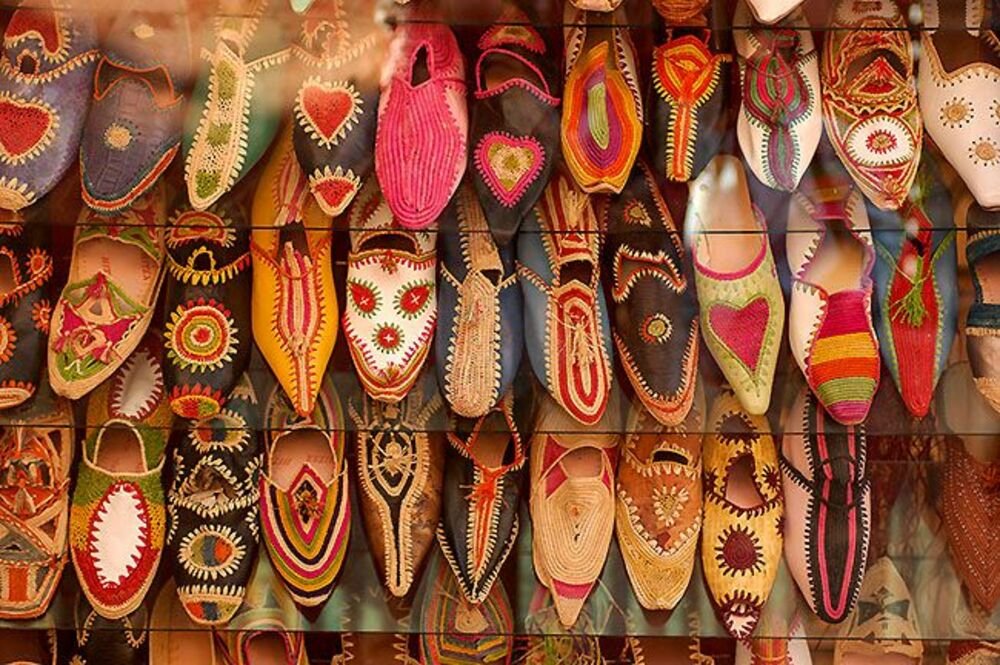
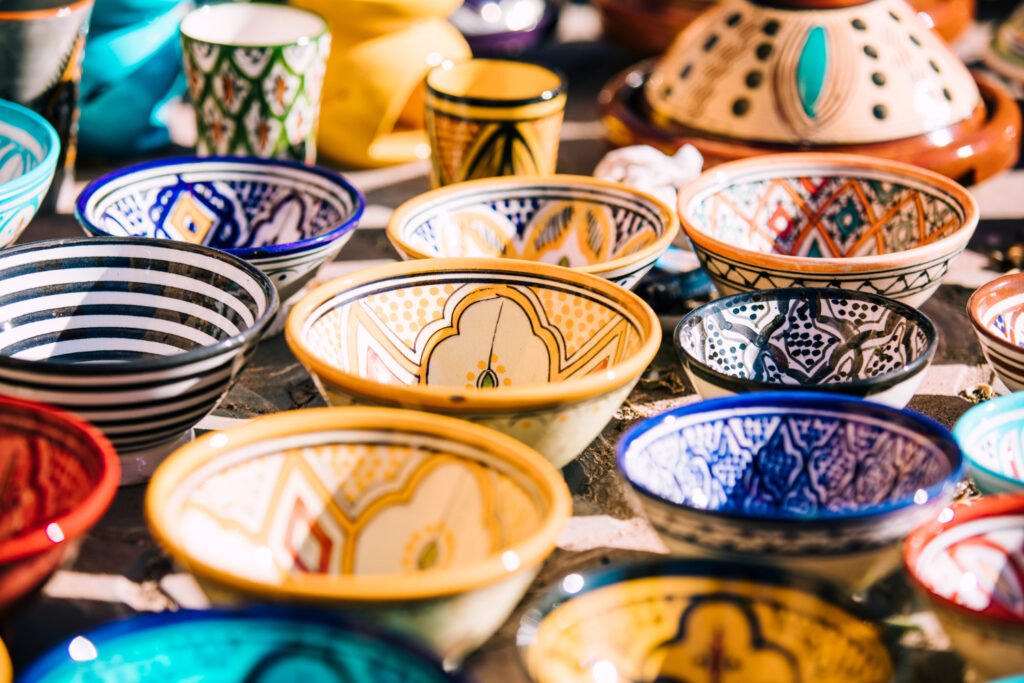
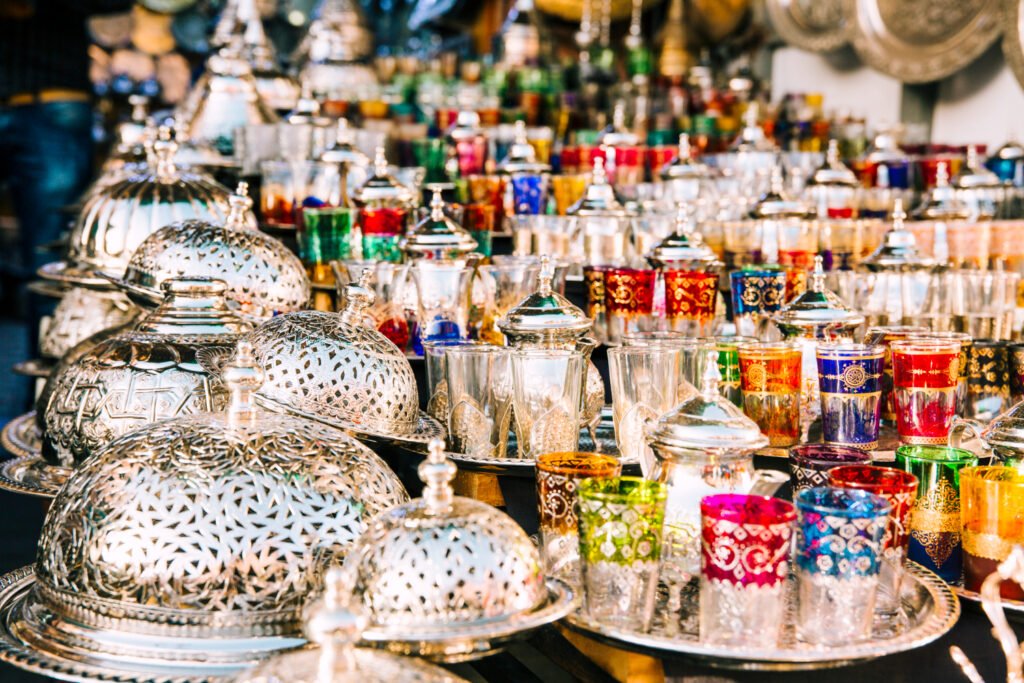
Moroccan handicrafts are recognized the world over and form an essential pillar of the country’s economy and cultural wealth. Meticulously hand-woven fabrics, enchantingly patterned pottery, finely chased silver jewelry and sumptuous Berber rugs reflect an ancestral heritage of expertise. Each piece, a true work of art, carries with it the profound history of the craftsman and his region, embodying not only an act of cultural preservation, but also a form of authentic artistic expression. Moroccan craftsmanship transcends borders, inviting the whole world to discover the richness and diversity of this age-old tradition.
Modernity and preservation of tradition
In the face of globalization, Morocco strives to preserve its traditions while integrating aspects of modernity. To this end, the country is setting up various initiatives such as festivals, museums and educational programs. These efforts aim to raise awareness among younger generations of the importance of their cultural heritage. At the same time, they encourage an innovative and inclusive approach to tradition, fostering a dynamic dialogue between past and present. This approach not only preserves Moroccan cultural identity, but also enhances it in a globalized world, where intercultural exchanges are increasingly frequent.
Moroccan traditions in everyday life
In their daily lives, Moroccans fervently perpetuate their ancestral traditions. Traditional dress, such as the caftan and djellaba, is particularly important for special ceremonies, symbolizing their attachment to their cultural heritage. Similarly, daily rituals, such as the meticulous preparation of mint tea, help to reinforce a sense of belonging and collective identity. These practices rooted in Moroccan culture reflect not only a rich and diverse heritage, but also a continuity between past and present, nurturing a deep sense of pride and connection within the community.
Conclusion
Moroccan traditions are a bridge between past and present, offering a unique perspective on how a people preserves its heritage while navigating modernity. They are essential to understanding Moroccan identity and will continue to evolve while remaining a pillar of society.
FAQ
- What is the most popular traditional holiday in Morocco?
- The most popular holiday is Eid al-Fitr, which celebrates the end of Ramadan with feasting, prayers and family gatherings.
- How has Moroccan cuisine evolved over time?
- Moroccan cuisine has integrated foreign influences while preserving its traditional techniques and ingredients, giving rise to innovative dishes while retaining classics such as couscous and tajine
- What role do crafts play in the Moroccan economy?
- Crafts are vital to the Moroccan economy, contributing significantly to employment and tourism, while preserving the country’s cultural heritage.
- How do young Moroccans perceive their traditions?
- Many young Moroccans value their traditions as an essential part of their identity, while adopting aspects of modernity to adapt these practices to contemporary life.
- What initiatives exist to preserve Moroccan traditions?
- There are various initiatives, including cultural festivals, educational programs in schools, and subsidies for artisans to maintain and revitalize Moroccan traditions.
